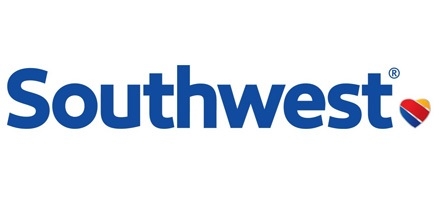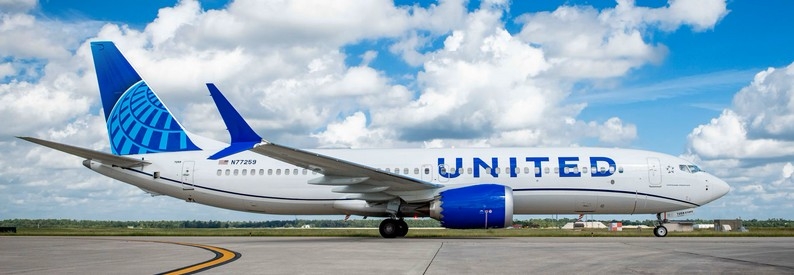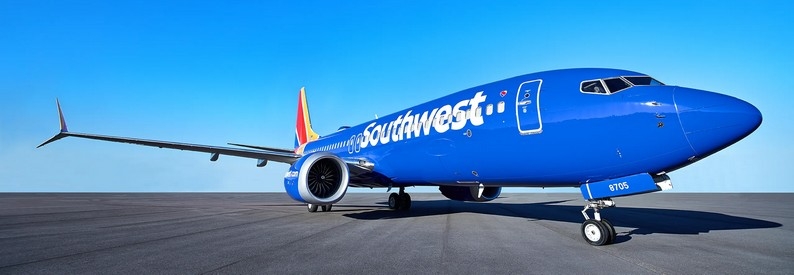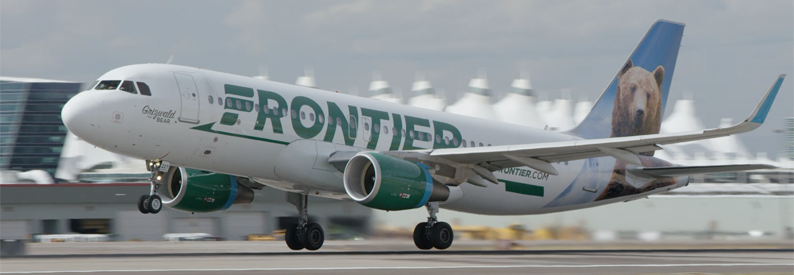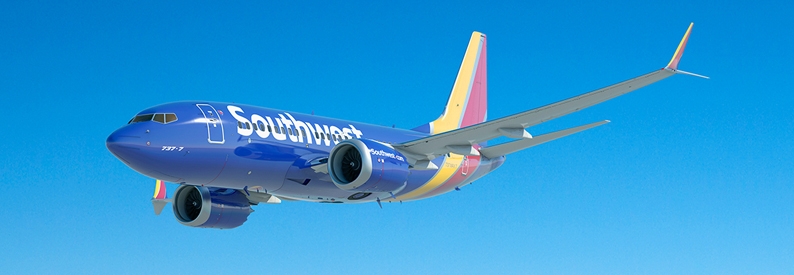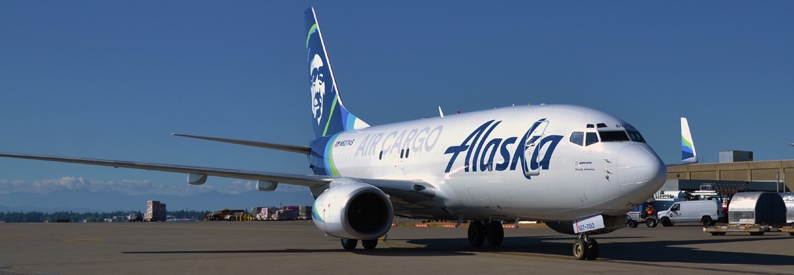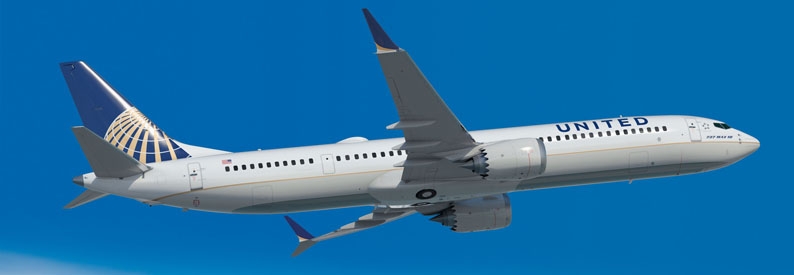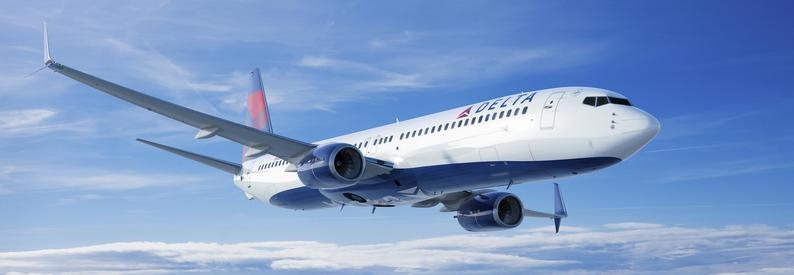Southwest Airlines (WN, Dallas Love Field) disputes "characterization of the facts" presented in a class-action lawsuit in a Texas Federal Court which suggest it may have tried to deceive the US Federal Aviation Administration (FAA) during the development of the early B737 MAX pilot training programme.
The suit in the US District Court for the Eastern District of Texas is being brought by passengers who bought tickets on Southwest Airlines between the first B737 MAX crash in October 2018 and the second in March 2019. They allege that Boeing and Southwest Airlines concealed safety defects on the MAX to boost demand for air travel, resulting in those passengers paying higher ticket prices.
"Southwest vigorously disputes the plaintiffs’ characterization of the facts in this lawsuit," a spokesperson said in a statement to ch-aviation. "The plaintiffs have lost ground in the courts and are regurgitating false and unfounded allegations improperly directed at Southwest and its leadership. The case is now on appeal before the Fifth Circuit, which has specifically determined that “Boeing and Southwest have made a strong showing that our court is likely to reverse the class-certification decision.” Considering the status of the case before the Court of Appeals, we do not have additional information to provide at this time."
Boeing declined to comment on the lawsuit.
Citing Southwest Airlines and Boeing internal company documents submitted during the lawsuit, The Seattle Times reports that Southwest Airlines Manager Bill Lusk had asked Boeing officials, including MAX chief technical pilot Mark Forkner, if engineers could install a new flight-control safety alert required for the MAX on a single one of Southwest's older B737s – and then deactivate it once the MAX was certified.
The filing alleges the sole purpose of this proposal was to be able to tell the FAA that the alert was not new on the MAX so that it wouldn't trigger costly additional pilot training.
"It's hard to come up with any reason for that other than to deceive the FAA," said Mary Schiavo, former US Department of Transportation Inspector General and advocate for airline safety. "It's really appalling."
In an interview with The Seattle Times, Rick Ludtke, the former Boeing engineer who designed the new alert, recalled the Southwest Airlines proposal and how Boeing managers talked to him about implementing it. "We laughed at them," said Ludtke. "We thought they were nuts."
The documents cited in the legal filings are sealed, so only the limited quotations excerpted in the filing are available, without full context. It's unclear if Boeing followed through on Southwest Airlines' proposal.
However, Schiavo said the proposal should trigger an investigation into whether false statements were made to the government, which could be criminal.
